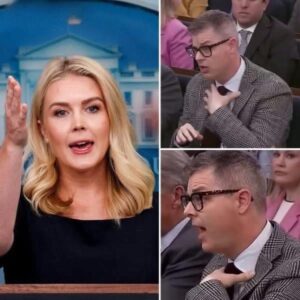New controversy has emerged around Senator Adam Schiff after declassified FBI interview summaries resurfaced accusations that he may have authorized leaking classified information during the Trump–Russia investigation. These claims have renewed public debate over political ethics, government transparency, and misuse of intelligence authority.
According to documents obtained by Just The News, a whistleblower—described as a Democratic intelligence officer who worked for the House Intelligence Committee—told the FBI between 2017 and 2023 that Schiff instructed staff to leak classified material to politically damage President Donald Trump and support the “Russiagate” narrative. One FBI summary allegedly states that Schiff believed leaking damaging information about Trump could help indict him.
The whistleblower also claimed Representative Eric Swalwell helped pass along some of this classified information to the media and political figures. They further alleged that Schiff was privately promised the role of CIA Director if Hillary Clinton had won the 2016 election.
Despite the seriousness of these accusations, the Department of Justice reportedly declined to press charges, possibly due to the Constitution’s Speech or Debate Clause, which protects lawmakers from prosecution for actions related to legislative duties.
While the whistleblower’s identity remains anonymous, the FBI documents suggest they had access to internal committee decisions. However, not all claims are verified or fully supported by evidence.
If true, the allegations would represent a major breach of national security and a misuse of classified information for partisan gain. However, legal experts note that proving intent and responsibility is difficult, especially with constitutional protections shielding congressional actions.
Schiff’s office strongly denies all allegations, calling them false and politically motivated. Schiff has not publicly addressed the specific FBI summaries.
These developments have sparked key questions about accountability in government:
What happens when intelligence overseers are accused of abusing power?
How can transparency be balanced with legal protections for Congress?
What safeguards exist—or should exist—to prevent political misuse of classified information?
Ultimately, the situation highlights the tension between secrecy and accountability, and the importance of due process, integrity, and public trust in government institutions.




